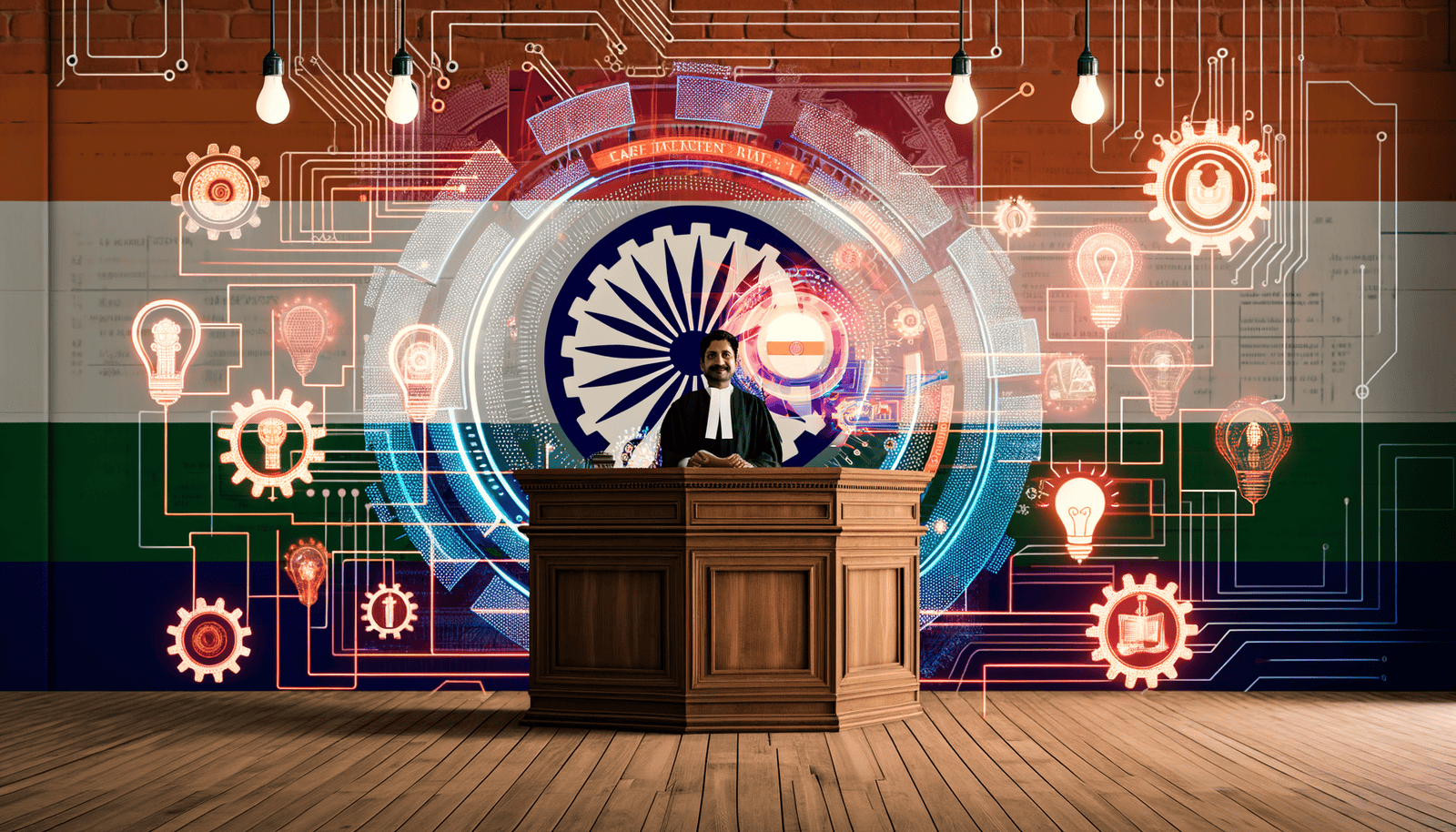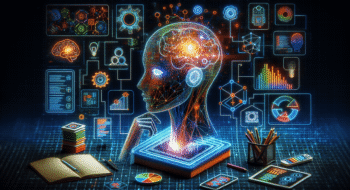In recent years, advances in Artificial Intelligence (AI) have revolutionized innovation, fundamentally transforming various industries. This evolution presents significant challenges to existing patent laws, particularly in India. As we delve into the complexities of this transformation, we uncover how AI is redefining what it means to invent and create, urging us to rethink our legal frameworks. “Revolutionizing India’s Patent Law: The AI Evolution Unveiled” explores the implications of these technological advancements, emphasizing the need for a legal landscape that can effectively accommodate the rapid growth and integration of AI in inventive processes.
Understanding AI’s Role in Innovation
When it comes to creativity and invention, few would dispute that humans have been at the forefront for centuries. Yet, with the advent of artificial intelligence, we’re witnessing a radical shift—where the lines between human ingenuity and machine intelligence begin to blur. This evolution calls for a closer examination of patent law, historically designed with human inventors in mind. But how exactly is this transformation unfolding in India?
Patents: A Brief Overview
Before plunging into the changes AI is inspiring in patent law, let’s quickly explore what patents are and their purpose. A patent grants an inventor exclusive rights to their invention for a specified time, safeguarding their intellectual property. Indian patent law, governed by the Patents Act of 1970, protects inventions that are novel, involve an inventive step, and are capable of industrial application.
The AI Disruption
AI’s capacity to innovate is staggering. Whether through machine learning algorithms that analyze data patterns or generative networks capable of producing music, art, and even inventions, the question is no longer if AI can create but rather how we classify and protect these creations. In India, this starts to raise a series of legal questions:
- Can an AI be recognized as an inventor?
- What defines the originality of an AI-generated invention?
- How do we assess the ownership of creations produced by AI?
Case Studies: AI in Action
Let’s take a moment to arm ourselves with some real-world examples that illustrate the remarkable capabilities of AI in the inventive realm:
- “Evn,” the AI Artist: In 2019, an AI named Evn was patented for creating artwork. This case raised eyebrows worldwide, igniting debates about whether or not the AI can rightfully be considered an inventor.
- Arya, the Drug Developer: AI has played a significant role in pharmaceutical research, including the creation of new drug formulations. For instance, DeepMind’s AlphaFold has dramatically advanced our understanding of protein folding, crucial for drug development.
- AI in Agriculture: Companies are leveraging AI to create innovative agricultural machines that optimize and automate tasks, paving the path for new patents in the agricultural sector.
India’s Current Patent Landscape
With these revolutionary advancements comes a pressing need for legal adaptation. Currently, India’s patent laws do not specifically recognize AI as an inventor. Moreover, existing frameworks primarily cater to human-centric standards of innovation, which may be inadequate in addressing the complexities posed by AI-driven inventions.
For instance, under the Patents Act, a patent application must list a human inventor as the applicant. This regulation disqualifies potential patents created entirely by AI without human intervention. As we see the rise of AI’s capabilities, the rigidity of our current patent framework emerges as a stumbling block to technological progress.
Rethinking Ownership and Authorship
Ownership is another critical aspect of patent law that is now under scrutiny. In a scenario where AI designs an innovative product, the question arises: who owns that invention? The programmer? The user? Or is it the AI itself? This ownership dilemma sheds light on the more considerable implications of integrating AI into patent law.
The traditional understanding of authorship doesn’t wholly encompass the collaborative nature of AI systems, especially in environments where human oversight is minimal. Numerous legal experts assert that establishing clear ownership laws in AI-generated inventions could pave the way for a smoother innovation process.
International Perspectives
Globally, many jurisdictions are wrestling with similar questions about AI in the patent space. In 2020, for example, the U.S. Patent and Trademark Office (USPTO) stated explicitly that current laws do not allow for AI to be credited as an inventor. However, countries like the UK and EU are beginning to explore the notion of formalizing AI as inventors—opening new avenues for intellectual property protections.
This international dialogue is essential for India as it navigates its own legislative responses to AI advancements. It is imperative that India observe and learn from worldwide patent practices that address AI challenges and act accordingly.
Steps Towards Reform
To effectively accommodate the evolution of AI in patent law, India must consider several strategic steps:
- Legal Revisions: The overarching legislation needs re-evaluation to incorporate provisions that recognize AI as an inventor in specific circumstances, establishing a framework that balances innovation with legal protection.
- Public Discourse: Engaging in productive debate surrounding the ethical implications of AI-generated inventions can lend insight into developing reasonable legal guidelines.
- International Collaboration: Collaborating with other nations on best practices related to AI and patenting can streamline the process of reforming India’s own laws.
- Educating Stakeholders: Increasing awareness through workshops and seminars on AI and its implications for innovation can prepare stakeholders for inevitable changes.
A Future of Opportunities
Embracing AI’s potential offers a wealth of opportunities for innovation. However, it demands a proactive approach to ensure the growth of technology is mirrored by a responsive and protective legal framework. Establishing robust patent laws that consider AI as a legitimate contributor to invention is essential in nurturing India’s tech ecosystem.
In the grand scheme, revolutionizing India’s patent law through the lens of AI not only enhances innovation but fortifies India’s position as a global leader in technology. As stakeholders come together to shape these new frameworks, they do so with the understanding that the future is not just about safeguarding creativity but also amplifying it.
An Invitation to Innovate
It is clear that the time has come to embrace the AI evolution in patent legislation—both as a necessity and as an opportunity for systemic growth. How we adapt to these changes could pave the way for a new era of creativity and invention in India. The incorporation of AI into our frameworks will ultimately determine how swiftly we traverse this journey towards innovation.
As we stand on the cusp of this thrilling transformation, let us gear up to welcome the future of innovation in India, once characterized by human-centric laws but now poised for harmonious coexistence with intelligent machines. For deeper insights into the AI landscape and its intersection with patent law, visit Neyrotex.com.







